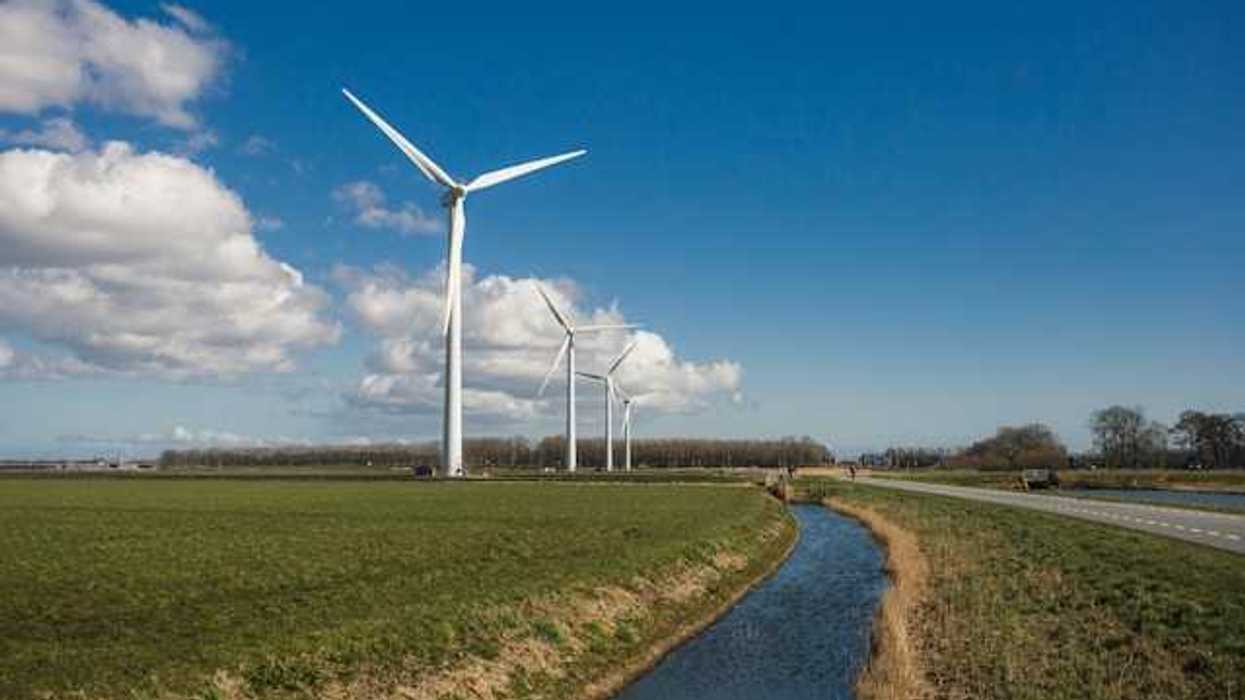Indigenous leaders express growing concerns about the environmental and social impacts of green energy projects.
Anita Hofschneider reports for Grist.
In short:
- Leaders from across the globe gathered in New York at the United Nations Permanent Forum on Indigenous Issues.
- A report presented on the first day of the forum argue that the green economy perpetuates extractive practices, often ignoring Indigenous rights.
- The Indigenous leaders called for a ban on deep-sea mining as well as mining in sacred lands.
- Key international reports and conferences emphasize the disproportionate impact on Indigenous lands by projects aimed at combating climate change.
Key quote:
“The concept of a transition to a green economy maintains the same extractive logic that causes States and the private sector to overlook the collective rights of Indigenous Peoples in pursuit of national interests.”
— “Indigenous Peoples in a greening economy” UN report.
Why this matters:
Despite their sustainable label, green energy projects can still lead to ecological damage that particularly affects indigenous communities. This includes the disruption of wildlife, water sources and plant life that are essential not only to the biodiversity of these regions but also to the cultural practices and survival of indigenous peoples.














